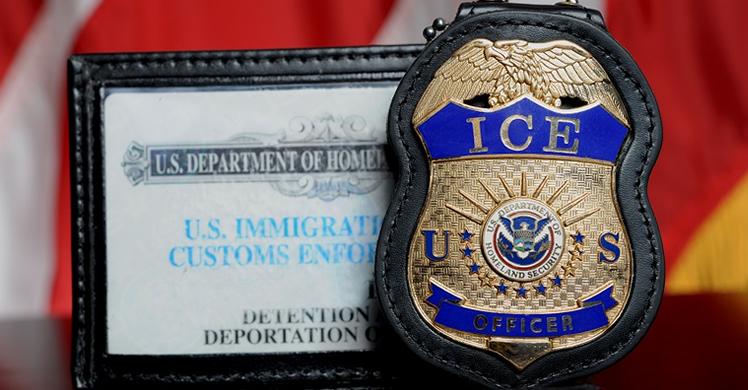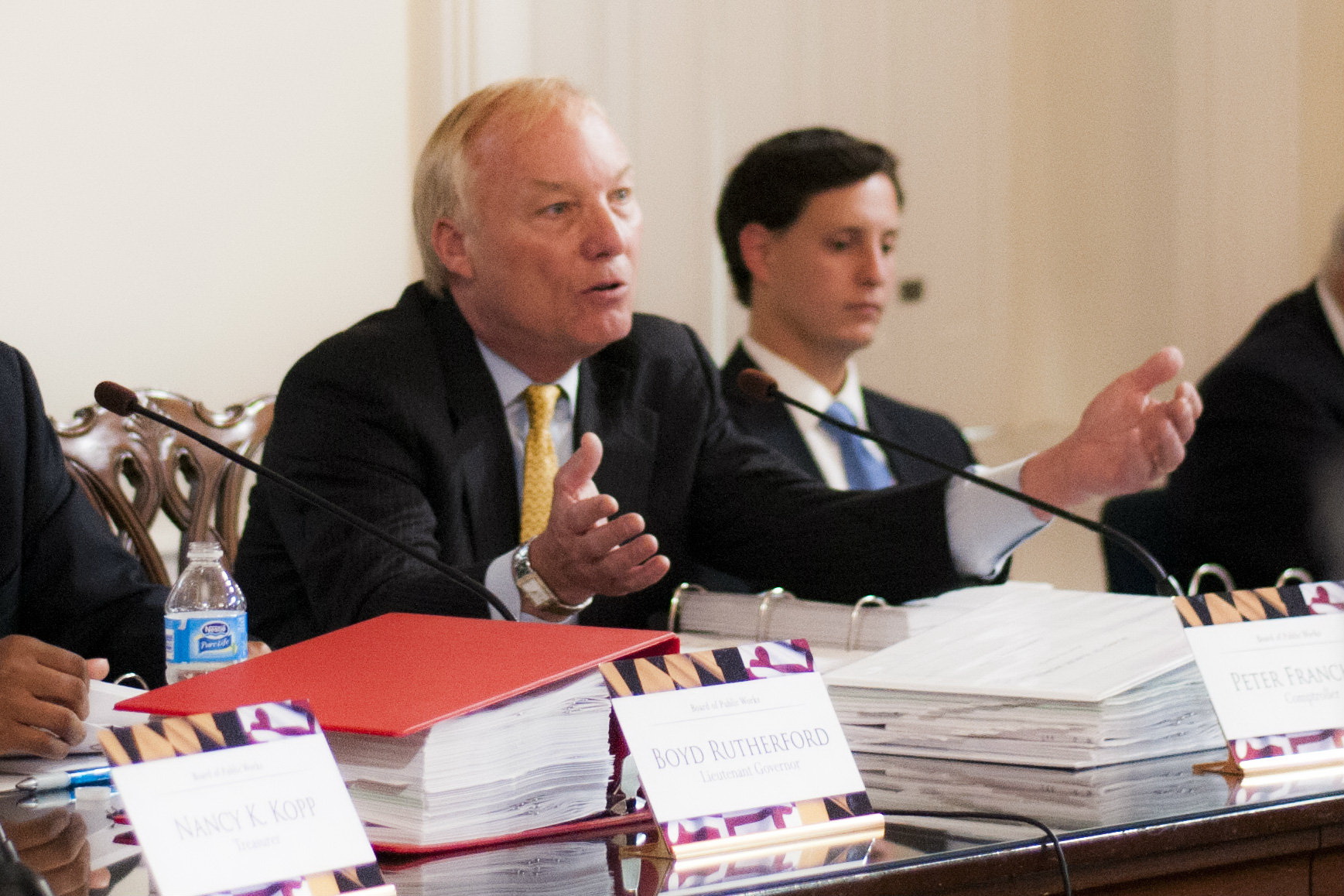With Father’s Day on Sunday, Towson University Professor Rick Vatz returns to his persistent theme about the problem of fatherlessness.
By Richard E. Vatz
Tired or frightened or depressed by consistent stories of Maryland, and particularly Baltimore, violence, killings, poverty, teen rampaging, bullying and other social problems? Well, people who could effect significant change claim to share your concerns.
But in reality, not so much.
Baltimore’s mayor, Jack Young – he of the praise of and standing with violent and drug trade Bloods and Crips at a rally at the time of the Freddie Gray tragedy — proposed, as the Baltimore Sun saw it, the laughably inadequate “Boys Town” solution of setting up boxing matches to help violent youths sublimate their anger.
The lack of discussion of arguably the greatest cause of violence in Maryland, the absence of present fathers in single-parent families, is deafening.
I’m not talking about the situations of separation and divorce where fathers are still part of their children’s lives, but of the situations where men are mostly or totally missing in the lives of the children they fathered.
Research confirms
Every statistical analysis one can find links fatherless families causally to greater social problems and hopelessness. University of Maryland economics professor Melissa Kearney has stated that poverty, behavior problems, health, quality of life and futures are all almost inexorably negatively affected by living in other than a two-parent family.
Moreover, study after study confirms this causal link. NPR lengthily interviewed noted author Alan Blankstein, former head of the HOPE Foundation, about the connection, and he summarized the findings of much research:
“Children are four-times more likely to be poor if the father is not around. And we know that poverty is heavily associated with academic success. [Fatherless kids] are also twice as likely to drop out. One study from 2012 titled, ‘The Vital Importance of Paternal Presence in Children’s Lives,’ shows that seven out of 10 high school dropouts are fatherless.’”
For a lengthy impressively sourced list of anti-social and self-defeating behaviors statistically linked to fatherlessness, see https://thefatherlessgeneration.wordpress.com/statistics/
Politicians, media disregard
But, as I say, major politicians and leaders in Maryland believe in “See no evil; hear no evil.”
Mayor Young’s predecessor, Catherine Pugh, never publicly mentioned fatherlessness, as far as I can determine.
I have been speaking on this and writing on this for decades, and it is not that my personal persuasion is so critical, but the lack of others’ engaging the issue is quite significant.
When I wrote an article in the Sun almost two years ago titled “Blame Baltimore violence on a lack of fathers in the home,” I received many replies but none from any political principals.
I was called by a well-respected Sun reporter who told me that, pursuant to the paper’s piece, he was going to research an article on fatherlessness in Maryland and/or the city. He never wrote it, and I never heard from that journalist again on the issue.
I appeared on a radio talk show last October and talked about the issue and the pushback I had often received from politicians and others on the matter who didn’t want the matter discussed.
The host told me that even though he disagreed that this was the number one issue relating to the awful violence in cities, particularly Baltimore, that I should let him know if I wanted to speak on that issue in the future, and he would put me on. I contacted the host again and never received a response. I should have taken the host at his word. He was putting me on.
This same host, I am told, recently brought up the issue and rapidly dismissed it, arguing that we cannot look now at long-term solutions. This is the problem: major issues that can be solved only by long-term strategies are ignored while those issue fester.
Long-term solutions
This argument – that disincentivizing and stigmatizing fatherless homes is only a long-term solution and must be shelved in lieu of short-term solutions — ignores two salient considerations.
One is that those of us who have recommended a full-scale rhetorical assault on fatherlessness have heard this for decades, whereas if efforts had been made years ago, the problem would have been significantly alleviated by now.
Two, is that those who object to long-term solutions often do so because their own interests are compromised, they believe, by focusing on fatherlessness.
Politicians have told me that their constituents don’t want to hear of plans to negatively reinforce families-without-present-fathers because so many of the electorate are in those families. I assume that is the same reason that so many in the media avoid the conversations as well.
Where are the profiles in courage?
Well, that is what leadership is all about. Are there no Profiles-in-Courage in Maryland?
With all the claims of horror at the violence in American cities, why are there not serious efforts, such as addressing the nature of the population, over 70% of which in city areas are in single-parent families with no fathers?
It is not a racial concern: the incidence of one-parent families has increased threefold in the last 50 years among all races.
Maryland politicians, teachers, clergy, community leaders and everyday citizens: the horrendously violent reality of Maryland and Baltimore will improve only if brave leaders loudly and consistently address this matter of fatherlessness.
No guts? Then no solution. But then stop pretending the situation will resolve itself if we shore up and improve police, who are on defense only.
It’s better to have responsible police, but unless fatherlessness is significantly addressed, its horrendous consequences will remain in perpetuity.
Richard Vatz is professor of rhetoric and communication at Towson University.






Recent Comments